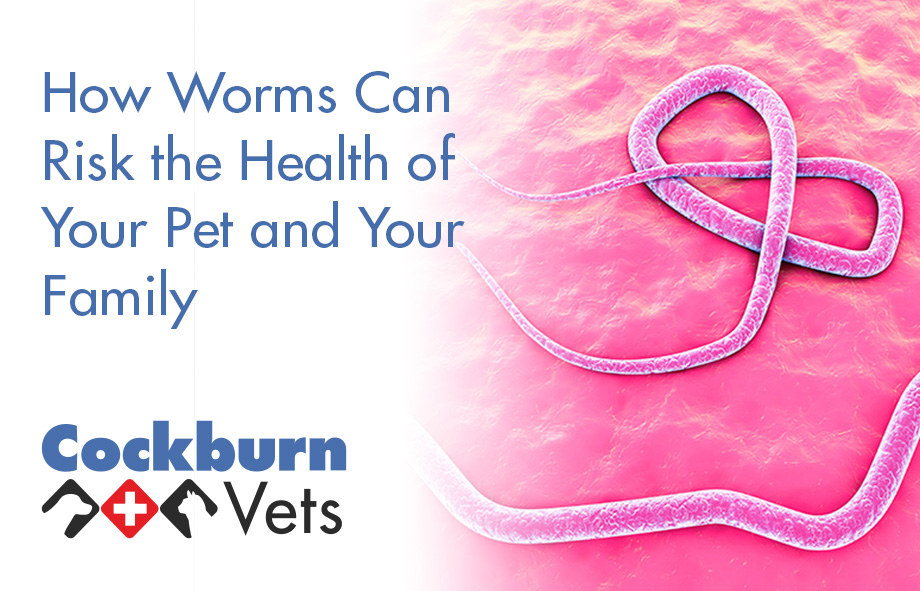As a pet owner, keeping your furry friend free from ticks and fleas is essential for their health and comfort. These pesky parasites can cause irritation, transmit diseases, and make both pets and owners miserable. But what actually kills ticks or fleas effectively? In this guide, we’ll discuss the best treatments available in the UK, tips to prevent infestations, and how our veterinary practice can help ensure your pet remains parasite-free year-round.
Understanding the Threat
Both ticks and fleas pose significant health risks to pets in the UK:
- Fleas can cause skin allergies, itching, and even anaemia in severe cases. They can also transmit tapeworms if ingested.
- Ticks are notorious for spreading Lyme disease and other dangerous infections to both pets and humans.
While prevention is key, knowing how to eliminate these parasites when they appear is crucial.
Top Flea & Tick Killers for Pets
Here are the most effective treatments available in the UK to kill ticks and fleas:
- Oral Flea and Tick Medications
Oral medications can provide excellent flea and tick control through easy-to-administer tablets. These treatments are particularly effective and some have the added benefit of also being effective against internal parasites. We will be happy to discuss and recommend the most appropriate medication for your pet based on their individual lifestyle. - Injections
If you’re looking for a longer term injection and your dog doesn’t like oral medications an injection which gives 12 month’s protection against fleas and ticks has been launched recently. Unfortunately this product isn’t suitable for cats, however we have another injectable product which when used 6 monthly in cats gives excellent preventative protection against fleas through stopping them being able to breed so preventing infestations. - Spot-On Treatments
We’re always keen to ensure the products we recommend protect our patients but are also safe for the environment and wildlife. Recent evidence has shown that some spot-on parasite treatments are finding their way into UK waters in concentrations that are toxic to aquatic species. The products concerned contain a chemical in a class called neonicotinoids, which have been banned for agricultural use on crops as evidence shows they impact bees and other pollinating insects important for our food supply.The two main pesticides currently causing concern are the neonicotinoid imidacloprid and the related chemical fipronil. At the time of writing there were 138 pet parasiticide products currently authorised in the UK that contain imidacloprid and 396 that contain fipronil. These chemicals are powerful killers of invertebrates such as insects with one monthly flea treatment for a large dog containing enough imidacloprid to kill 25 million bees. Sadly in aquatic ecosystems, insect larvae are particularly at risk, such as those of mayfly and dragonfly. These species, among others, are important food for fish, birds, and bats, potentially causing knock-on effects on the wider ecosystem.
For this reason we would counsel against using products containing either imidacloprid or fipronil. Whilst we have other spot-ons available which do not contain these chemicals we recommend using oral or injectable solutions where possible.
- Flea and Tick Collars
Unfortunately many flea and tick collars also contain chemicals, which have been shown to be toxic to aquatic and insect life, such as the neonicotinoid imidacloprid or the permethrin deltamethrin. Given this and the risk of injury to cats through getting tangled in their collar we also advise against routinely using flea and tick collars. - Flea & Tick Shampoos and Sprays
While not as long-lasting, shampoos and sprays can kill fleas and ticks on contact. They’re useful for immediate relief but should be paired with ongoing preventative measures. It is also important to remain within the manufacturer’s dose recommendations to prevent toxicity. - Household Treatments
Fleas can lay eggs in your home, so it’s crucial to treat both your pet and their environment. We are always happy to discuss the most effective ways to clear flea eggs and larvae from your home. These can include hoovering and washing your pet’s beds at high temperatures. Environmental sprays can also be helpful as part of this process, but it is important to ensure these do not damage your possessions when being applied.
Prevention Tips for Pet Owners
To minimise the risk of a flea or tick infestation:
- Regularly check your pet for fleas and ticks, especially after walks in wooded or grassy areas. Flea combs can be very helpful to find evidence of fleas such as flea dirt.
- Vacuum your home frequently to reduce the risk of flea eggs hatching.
- Talk to us about the most appropriate preventative treatments for your pet to avoid infestations from developing. We’ll be happy to come up with an individualised plan based on their lifestyle.
- Wash your pet’s bedding regularly in hot water.

How Our Health Plan Helps
At Cockburn Vets, we offer a range of options to keep your pet pest free. From our Fleadom Delivery Club, to our Healthy Paws Club, both are fantastic options, which give tailored plans solutions designed to protect your pet all year round. Speak to one of our friendly team members today to find out how we can tailor a health plan to meet your pet’s specific needs.
Final Thoughts
Ticks and fleas are more than just an inconvenience—they can seriously affect your pet’s health. By staying proactive with effective treatments and regular check-ups, you can ensure your pet remains healthy, happy, and parasite-free. If you’d like to discuss flea and tick treatments in more detail or need advice on the best solution for your pet, don’t hesitate to get in touch with our practice today.


